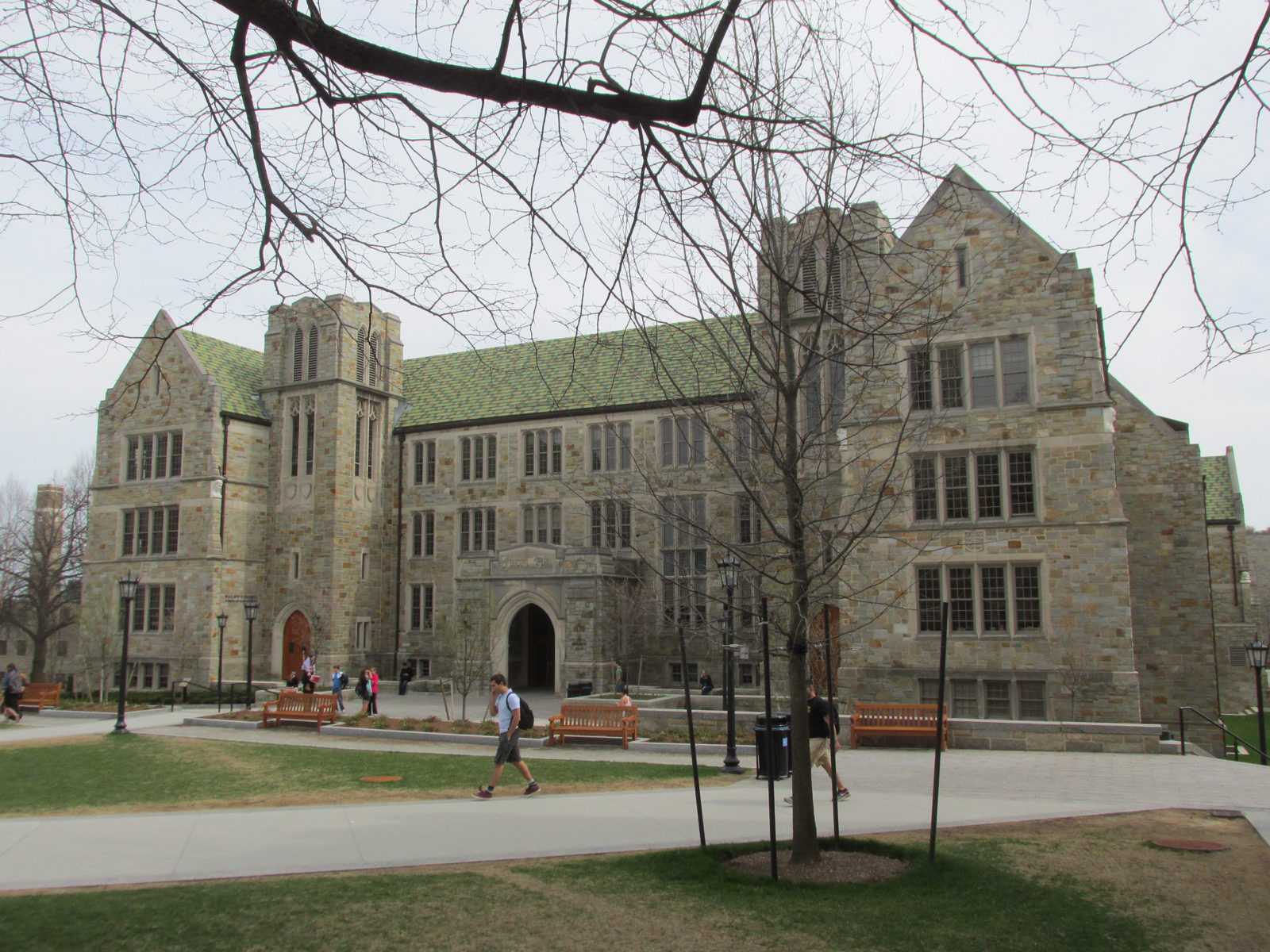Just before noon on Wednesday, lecture halls at Boston College became a little emptier, as hundreds of students walked out of their classes in protest.
The protest came in response to two instances of racism the school saw over the weekend. The first occurred when two “Black Lives Matter” posters hanging in the school were defaced to read “Black Lives Don’t Matter.” The second happened over social media, when a blackened image of a Philly Cheese Steak, allegedly created by a BC student, was circulated with the caption “I like my steak and cheese like I like my slaves.”
The administration denounced both actions, as did the hundreds of students protesting. All across campus, people were outraged.
Here at Boston University, all that can feel a million miles away. Enough stops down the Green Line to make BC feel like a whole separate world, our first instinct is to distance ourselves from the situation entirely. “That would never happen here,” we say. After all, “BC sucks.” It makes sense that it would happen there, we agree — BC is much whiter, much smaller and much more Catholic than we are.
But when it comes down to it, we don’t know that. We can’t know that. This was done by an anonymous vandal and a social media scoundrel. Those people could be anyone. Just because it didn’t happen to us doesn’t mean that it couldn’t. Just because Martin Luther King Jr. walked these halls does not mean we are immune to racism, not by any means.
If something that racist did happen here, though, it seems like a safe bet that we’d be protesting too. When one of our own went to Charlottesville in August to participate in a white supremacy rally, the outrage that followed was palpable — and all that happened hundreds of miles off campus. If we saw anything like it here on Commonwealth Avenue, it’s hard to imagine it sliding by unnoticed.
The rally succeeded not only in what it was protesting, but also in who was doing the protesting. It was not just one student group, or one kind of person participating. It brought BC together. Instead of letting the racism divide their campus, it unified it, with students from every walk of life coming together in protest.
We often isolate ourselves without even knowing it. People talk about this phenomenon happening on social media, where liberals only interact with other liberals and conservatives only interact with other conservatives. But the same goes for real life. White students tend to spend their time primarily with other white students, and black students tend to spend their time primarily with other black students. This is by no means a hard and fast rule, but it is a very dangerous trend. Of course we are more comfortable with people who we are more similar too, but by associating only with people who share our culture, we fail to learn from cultures that differ from our own. Sometimes we need these kinds of rallies to break away from that.
In a way, the acts of racism at BC this weekend were small. No one was hurt. No one individual was targeted. Nothing got out of control.The reaction to them, though, was not. Hundreds of people left their classes to show their support, not to mention the widespread reaction on social media.
The outcry to the racism was distinctly disproportionate to the racism itself, but that’s not a bad thing. If a few racist tweets and a poster were met with nothing but a few activist tweets and posters, we would be normalizing racism in the worst way.
These racists posts, though few in number, are great in significance. Gestures like these are almost always indicative of a larger problem. When students shut that kind of behavior down, and refuse to tolerate these sentiments on any level, they are nipping that racism in the bud, before it grows into a beast.
And in large part, it is all thanks to social media. Although social media was the platform of the problem, it also became the platform of the solution. People became aware of the incident through social media. They became outraged over the incident through social media. They planned a rally against the incident through social media. Through social media, BC students were able to say loud and clear that racism has no place on their campus. That’s pretty incredible.
But what’s even better — it didn’t end there. For all of the ways that social media helps activism, it also has its limits. A Twitter thread or Facebook rant can be incredibly impactful, but it can only go so far. On Wednesday, BC took the next step. These students left the confines of the internet and took to the real world to make their anger known, in an unignorable way.
BC did well this week. In the face of this racism that was so reprehensible, they held their heads high and took a strong stance against it. But BU is doing well too. We have yet to see that kind of racism here in any form, so let’s keep it that way. We pride ourselves on the activism of alumni like MLK and Howard Thurman. Let’s make them proud.






















































































































